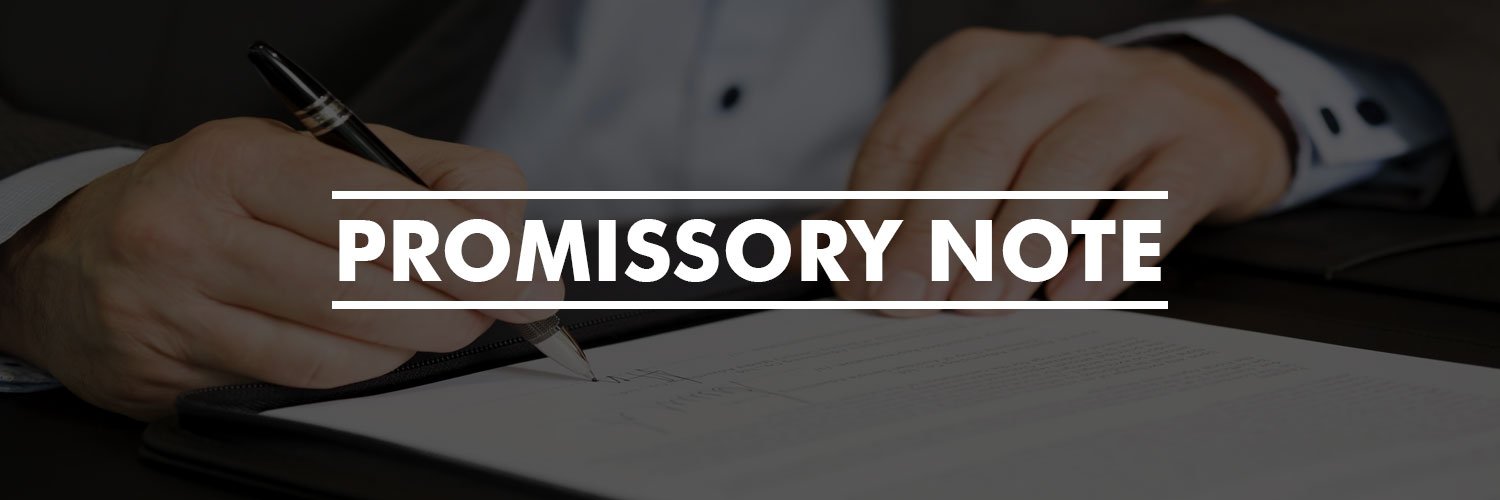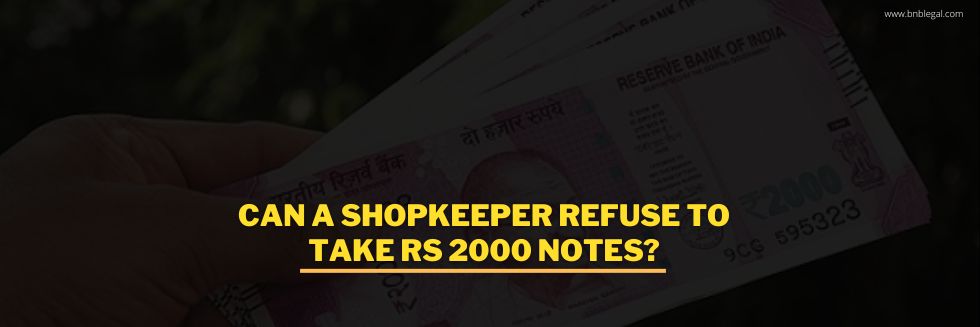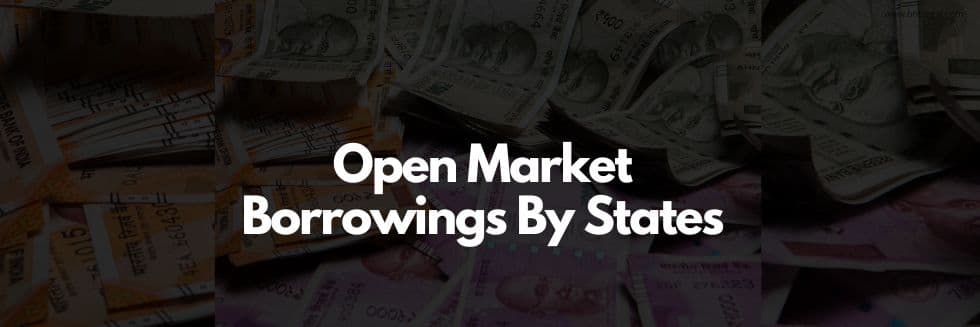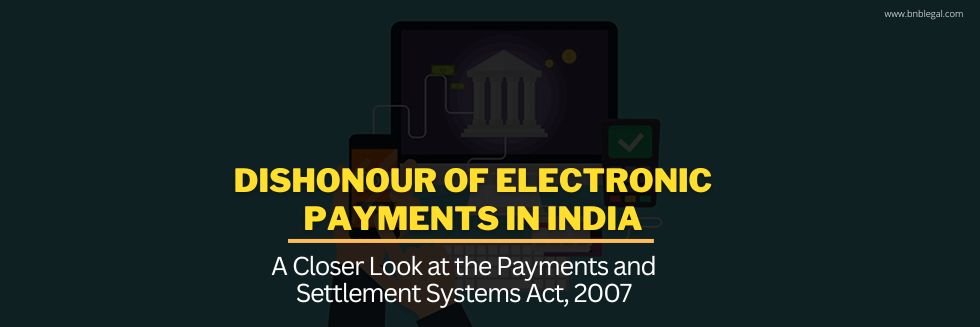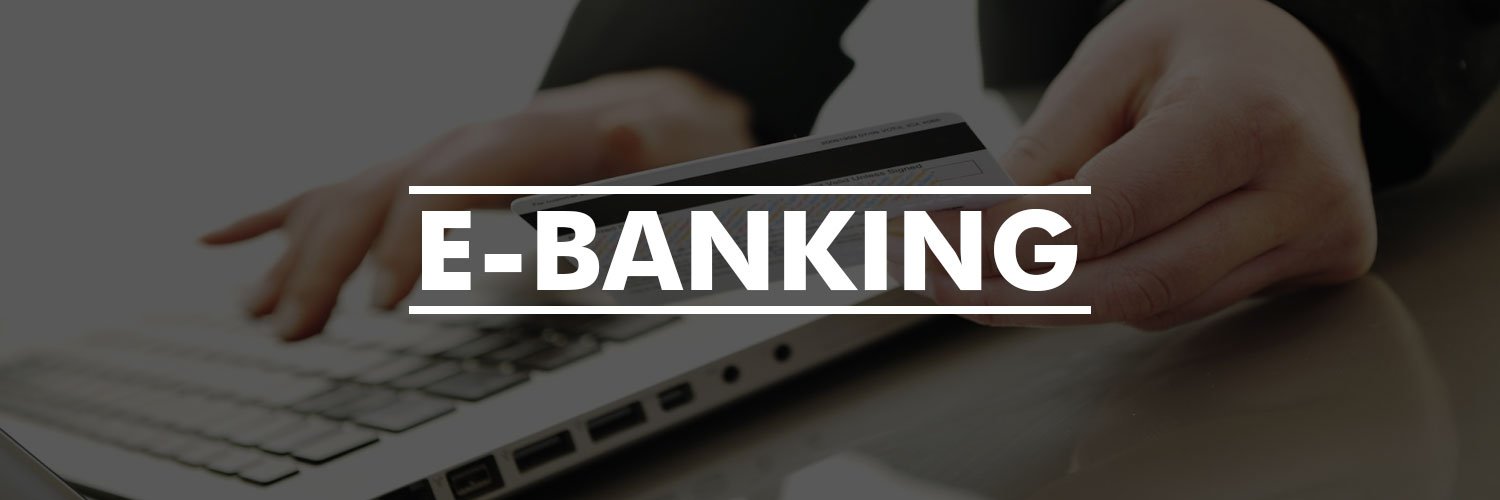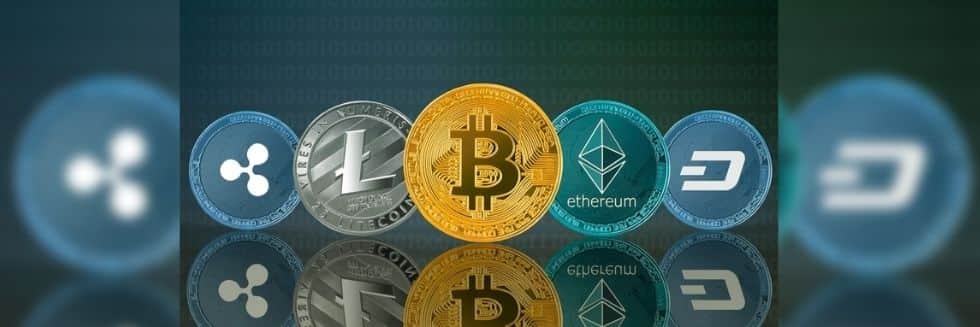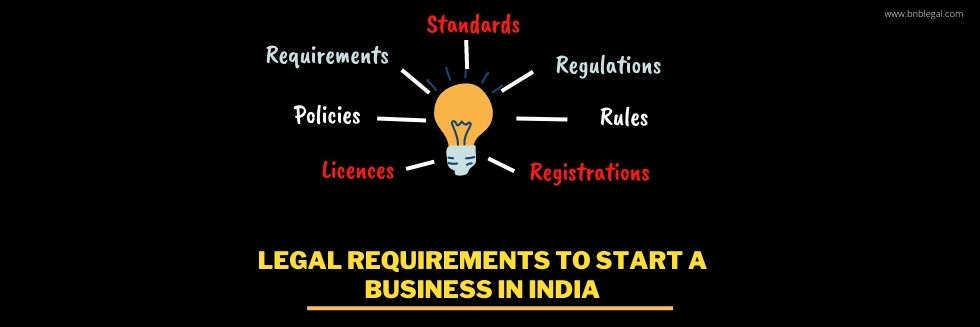Promissory Note is the written note made by the payer which contains the promise to pay a certain amount of money on a specified date or on-demand to the payee or the bearer of the note. In short, it is promised in written form to pay the debt.
Requirements for a promissory note:
- The promise to pay must be unconditional. It must not be made uncertain by happening of an uncertain event.
- The promise should be to pay the money only. No promise would be considered if it is in a form other than money.
- The amount of money to be paid must be certain. Any ground of arbitrariness is not allowed like “I promise to pay Mr. Ram Rs 800 and all other money that may be due”. It is not a promissory note.
- The money should be payable to the payee, or on his order or to the bearer of the note.
- The payee should be a specific person. For example, I would pay you Rs. 1000 is not a promissory note. But I promise to pay Mr. X Rs 1000 is a promissory note.
- The note must be signed by the person who makes it.
- The note should be in a form which cannot be edited easily.
Types of Promissory Note:
Secured: It is secured by some asset like home or car or it also may be secured on the ability of the payer to pay. So, in this if you fail to pay to the promise the specified money on specified date, the secured property is lost by the promisor.
Unsecured: It is no secured by any asset but only on the ability of the payer to pay the money.
Uses:
These are generally used in the business for short period financing. For example, when a company has sold so many products on credit and is running out of cash can sign the promissory note in the name of a bank by taking the loan from them.
Promissory Notes: Legally binding
Promissory notes are legally binding like that of a legal contract.
Promissory notes created by fulfilling all the essentials of a legal contract can be crafted for any lending situation.
On default of the promisor:
When the promissory note is secured one, the payee can sell the mortgaged property on the behalf of the payer.
When the promissory note is unsecured one, the payee can file suit for injunction, demanding to direct the payer to pay the amount.
The drawback in the unsecured promissory note is that, when the maker is declared bankrupt, his assets after being sold are first used to pay to the secured creditors and after that to the unsecured ones.
